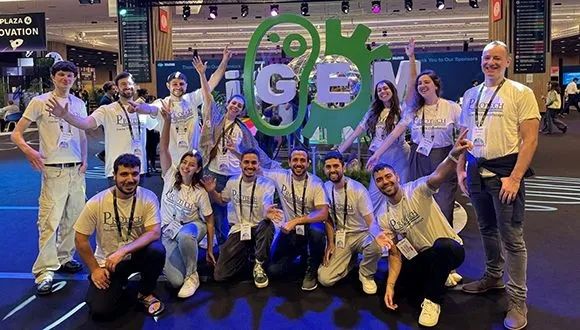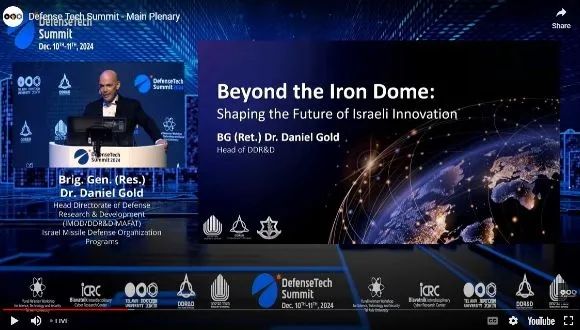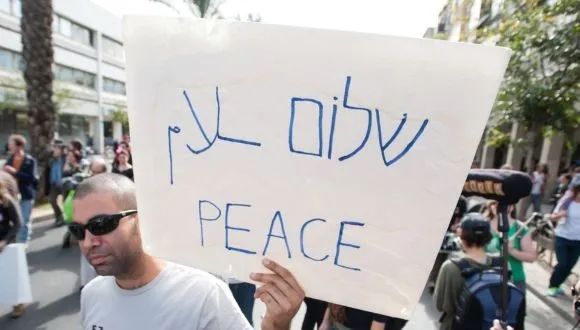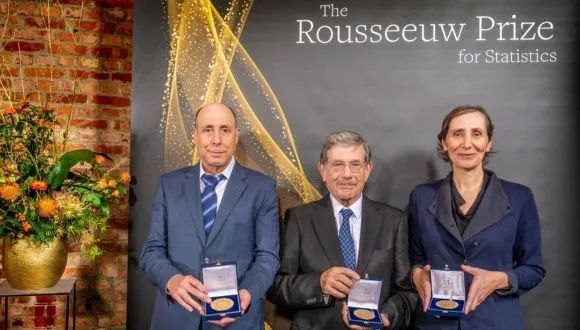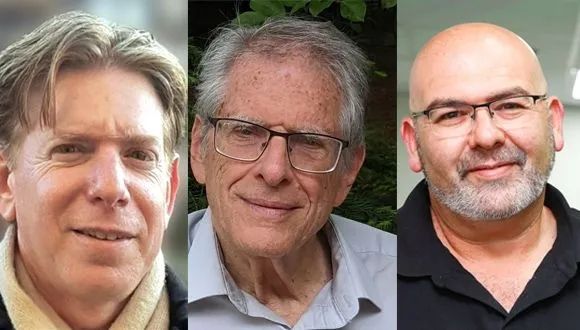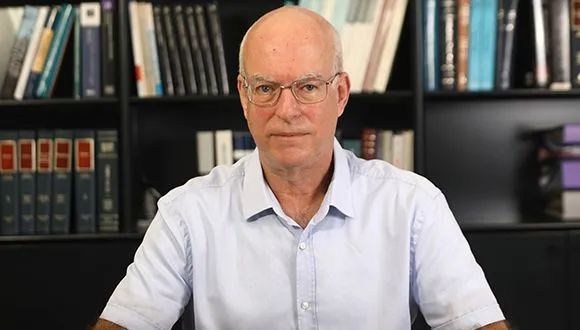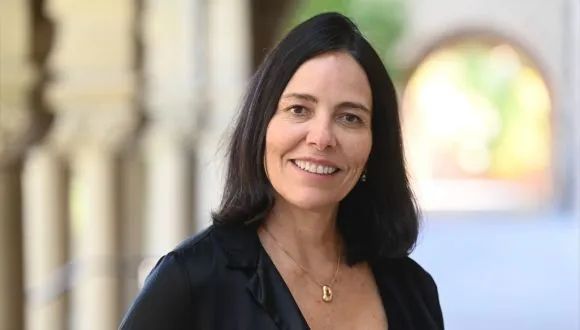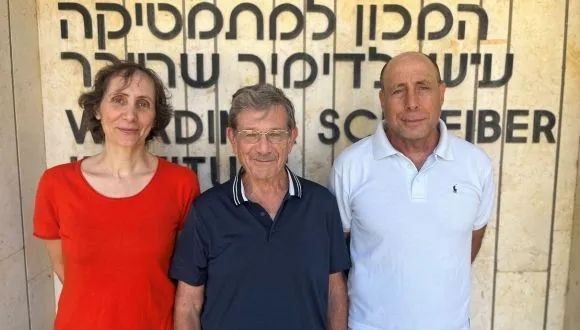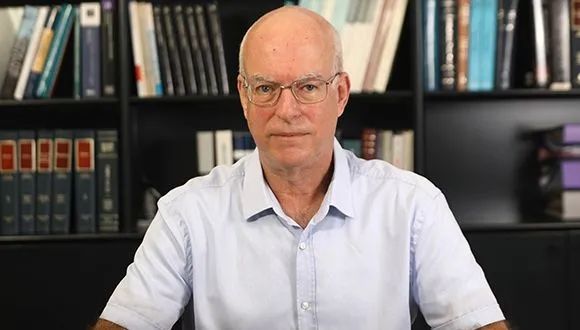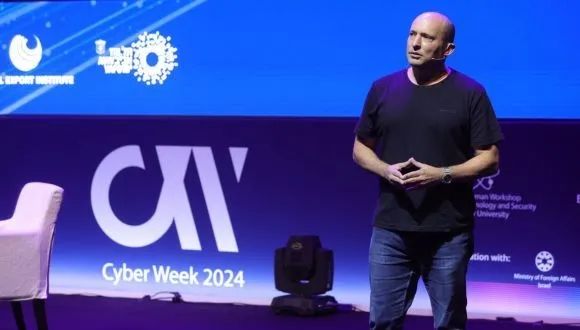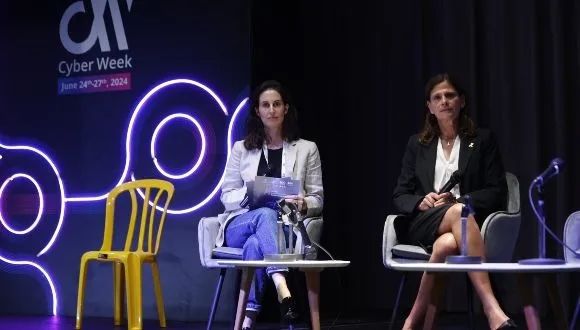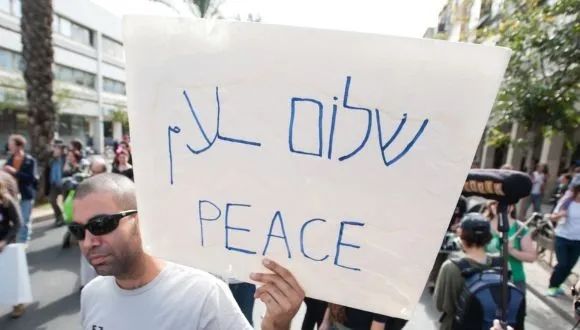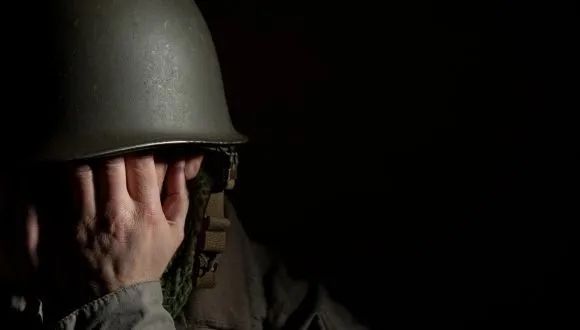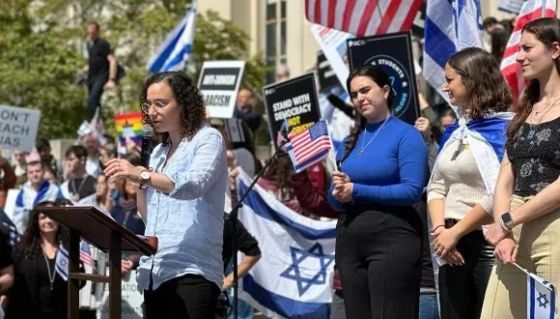
Report from the Campus Battlegrounds
Three TAU PhD alumni share experiences from post-October 7th life on elite US university campuses
In the wake of the Israel-Hamas war, antisemitism has emerged as a pressing and increasingly pervasive issue on college campuses across the United States. What once may have been sporadic incidents or isolated sentiments has now coalesced into a disturbing trend marked by widespread and heated expressions of hatred and discrimination toward Jewish students and faculty.
This resurgence of antisemitic rhetoric and actions challenges the very foundation of academic discourse and community cohesion. Many Israeli researchers studying and working on American campuses feel the need to speak out. We asked three Tel Aviv University graduates currently doing postdoctoral studies at elite US universities to share their personal experiences.
Dr. Shai Zilberzwige-Tal
Post-doc at MIT, Boston
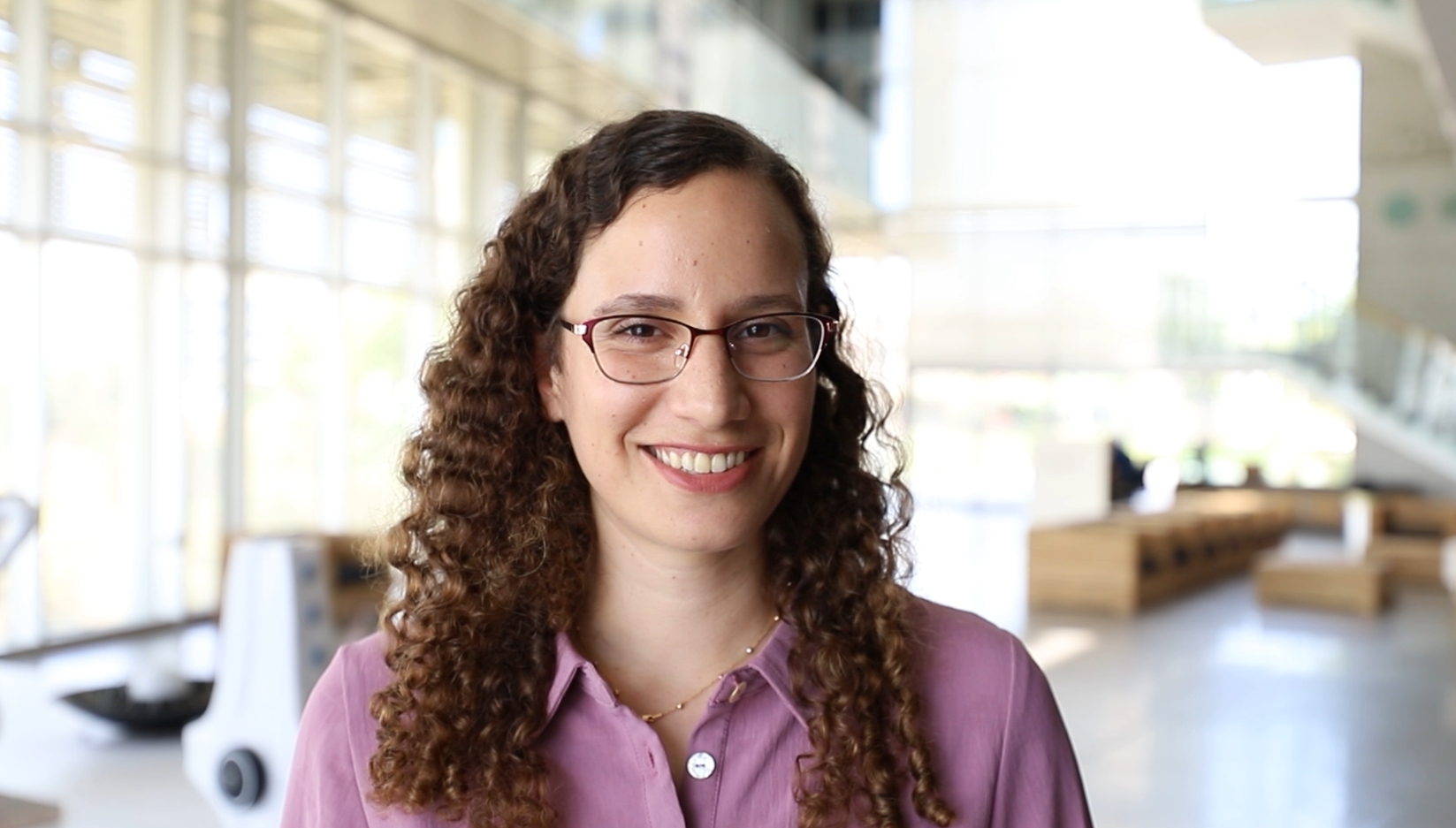
Shai earned her PhD from TAU’s Shmunis School of Biomedicine and Cancer Research, she is the recipient of the TAU Argentinean Friends PhD Fellowship.
I began my post-doc at MIT in September 2022. Having adapted to the constant threats in Israel, my move to America initially felt like a respite. However, the events of October 7th sharply turned that around. The shattered sense of security post-October made being Jewish and Israeli feel like having a target on my back. The hesitation to enter the lab, spending over an hour gathering the courage to leave my car, became a stark reality. During the October 7th weekend, only two close friends from the lab expressed concern, highlighting a surprising lack of broader support.
MIT’s failure to condemn the actions of October 7th deviated from their past practices during similar conflicts. The attempts of the University administration to stay neutral felt like betrayal. Demonstrations calling for the genocide of Jews created an atmosphere of fear and vulnerability on campus, threatening the essence of our academic community and challenging my belonging to an institution I considered home for the past year. This feeling became palpable when my son asked if he, too, was Jewish. I often think about his question—how innocent but also how fraught.
During this period, I discovered that sharing my personal story as an Israeli and as someone who served in the IDF as a paramedic both in the Gaza Strip and in the West Bank became the most effective means of providing insight to others. I encountered surprising questions, like whether we are all white or if there are redheads in Israel. Yet, I recognized it as my mission to educate.
Reducing discussions about the war into slogans led to a lack of fact-checking and contextual understanding. It seemed that people accepted the information at face value. Even colleagues who offered support didn’t want to do so publicly, because supporting Israel was equated with endorsing colonialism and genocide. Yet some of my colleagues’ willingness to ask questions, learn and understand, left a lasting impression and served as a testament to the power of genuine curiosity and empathy.
Tensions escalated further when an unauthorized encampment was established on MIT’s lawn. By neglecting to delineate what is unacceptable behavior on campus, MIT has inadvertently allowed Israeli and Jewish individuals to become targets for pro-terror groups masquerading as pro-Palestinian activists. These groups have even gone so far as to send threatening emails to MIT faculty associated with Israel or grants linked to the Israeli Defense Force.
About this time, I faced a dilemma when applying for a fellowship, unsure whether to disclose my involvement in the Jewish and Israeli community, fearing it could jeopardize my chances. This internal conflict underscores the discomfort many of us feel in navigating these complex dynamics on campus.
Despite all the complexity of the situation, we refused to remain silent. Organizing a support rally in the greater Boston area within three days of the encampment demonstrated our resilience and determination. The outpouring of support following the rally reaffirmed that our efforts are not in vain, inspiring us to continue fighting for our rights and dignity on campus and beyond.
Dr. Ziv Ben-Zion
Post-doc at Yale University, Connecticut

Ziv holds a PhD from the Sagol School of Neuroscience. He is the recipient of travel grants from the SagolSchool and Adams Super-Center for Brain Studies.
I’ve been fighting antisemitism even before October 7th. When I arrived at Yale in the summer of 2021, I encountered a biased one-sided statement titled “Resource on Palestine” published by the Yale Postdoctoral Association (YPA). Working with fellow Israeli postdocs, it took us over a year of navigating challenges to publish a comprehensive counter-response, providing a more balanced perspective of the Israel-Palestine conflict.
Since October 7, antisemitism has increased. My research field happens to be in PTSD, so it was natural that I would mention the October 7th events in a recent talk at an international conference about trauma & stress in LA. I spoke from the bottom of my heart about the most horrifying trauma that happened in Israel’s history less than a month earlier. A trauma that somehow almost no one cared to mention or talk about at that event. An ongoing trauma that prevented almost all Israeli participants from arriving at the conference that year. And yet, after several complaints about me, I was summoned for a hearing with the conference organizers about not including the topic in the abstract of my speech and using difficult language without a proper “trigger” disclaimer.
Back on campus, I lobbied and fought for an additional two months until I was able to publish an opinion piece “Free Palestine from Hamas” in the Yale Daily News.
After seeing how much antisemitism there is in US academia, I’m definitely not going to stay here—I plan on coming back to work in Israel’s academic institutions.
Dr. Zohar Arnon
Post-doc at Columbia University, New York
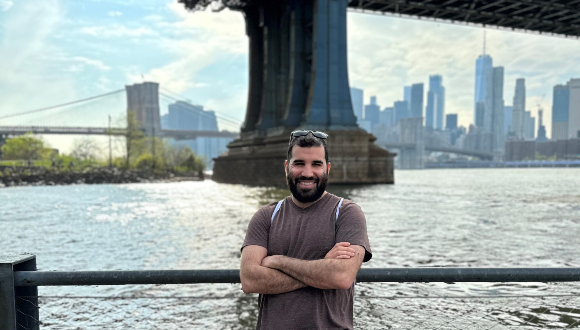
Zohar has a PhD from TAU’s Shmunis School of Biomedicine and Cancer Research. He is the recipient of the Marian Gertner Institute for Medical Nanosystems Research Excellence Award and the Joan& Jaime Constantiner Travel Fellowship.
I’ve been in Columbia since April 2021 . Before October 7th, it was pretty great to walk around. It’s a very serene, beautiful place. I loved walking on campus with my dog because it has nice lawns and a lot of dogs come to play sometimes.
The days after October 7th were very different. The earliest protests against Israel came long before the ground operation in Gaza began and the hate in the eyes of the protestors was intense and immediate. It was clear that those are anti-Israel protests, and not pro-Palestinian.
Signs of the hostages we put up were torn down in a matter of hours.
People started wearing keffiyehs on campus. They were making a statement and it was making me feel unsafe walking around campus.
I don’t understand how people decide to side with a fanatic religious terror organization and not with another western democracy that is obviously doing much more to uphold the standards of civil society, warfare and humanity… I just don’t get it. Boils my blood.
My future plans are to stay in academia, specifically at Tel Aviv University. Current events didn’t change this one bit. If anything, they made me want to come back home even more.
This article first appeared in Tel Aviv University’s 2024 Annual Report
Related posts

